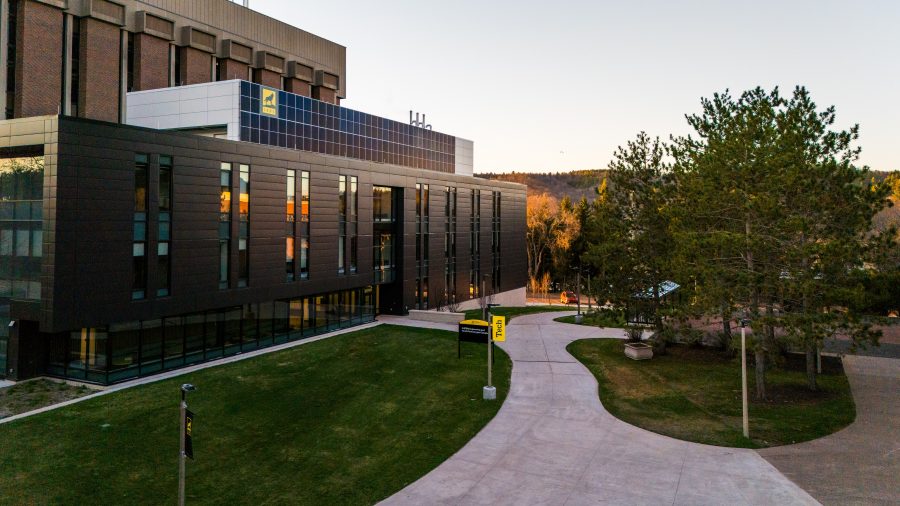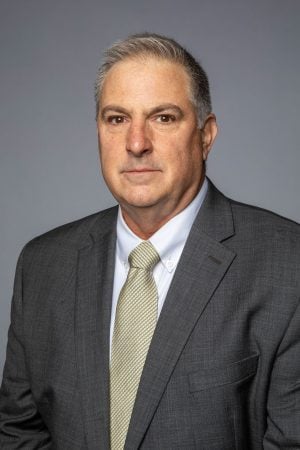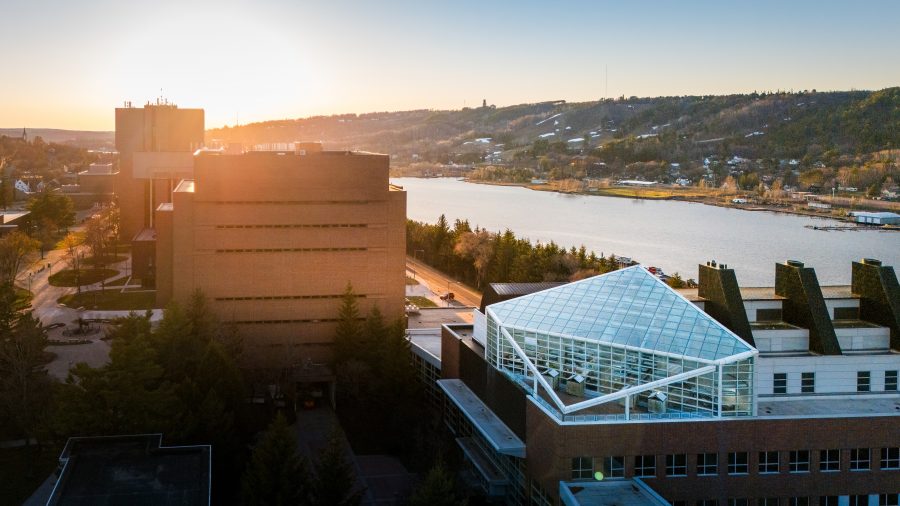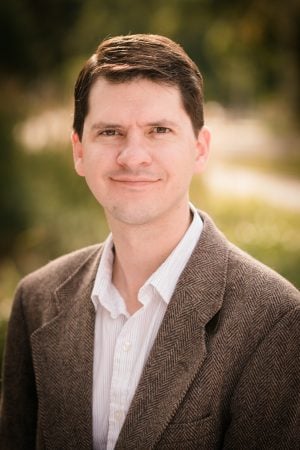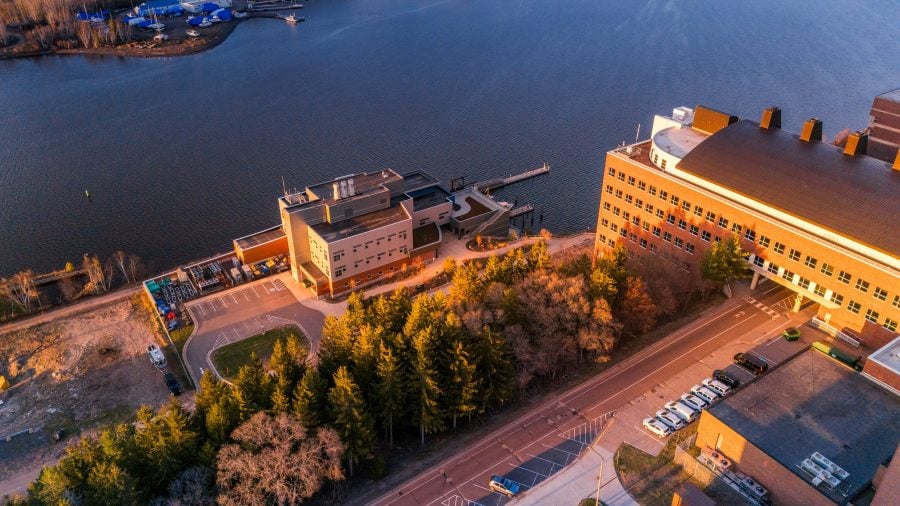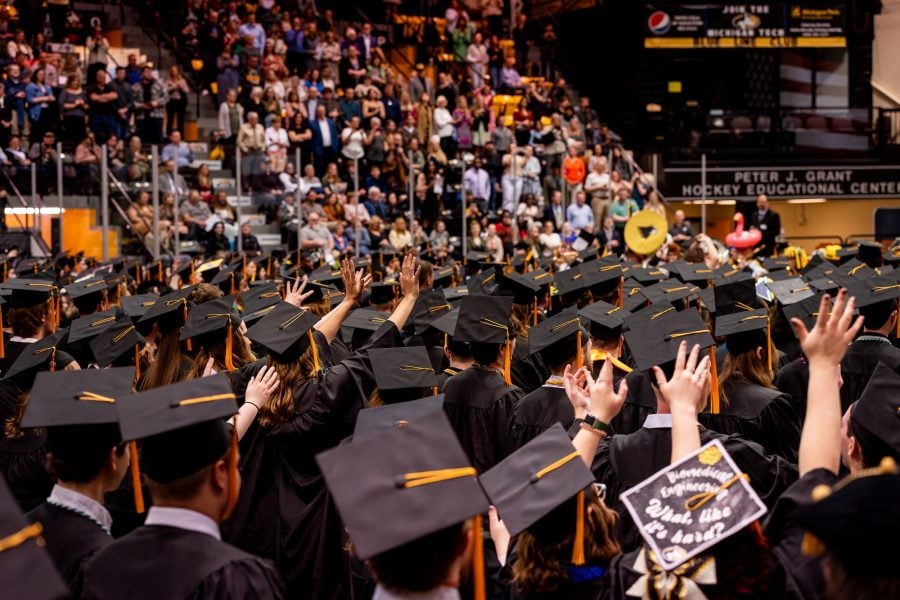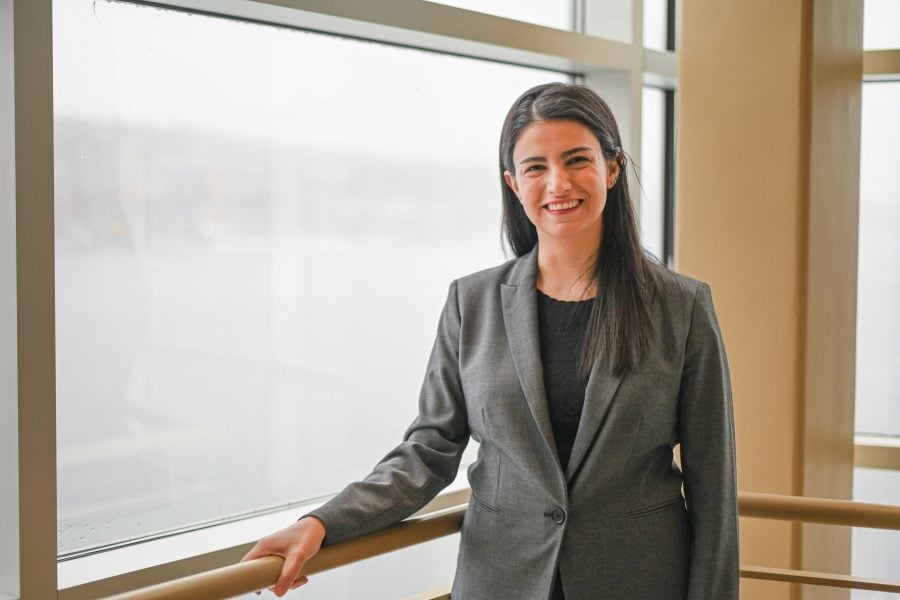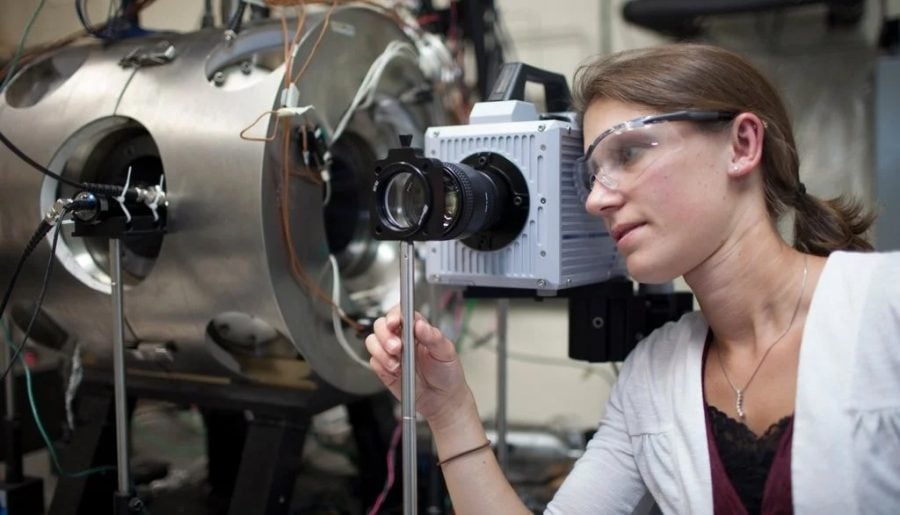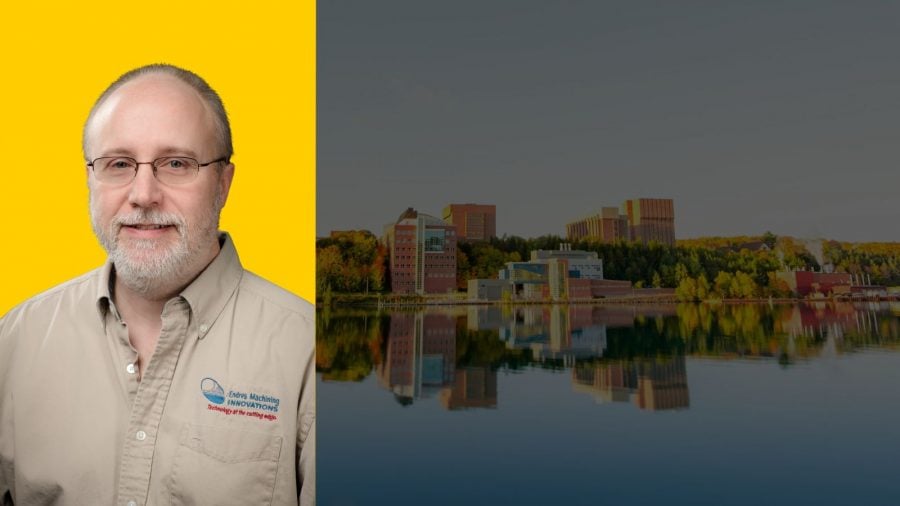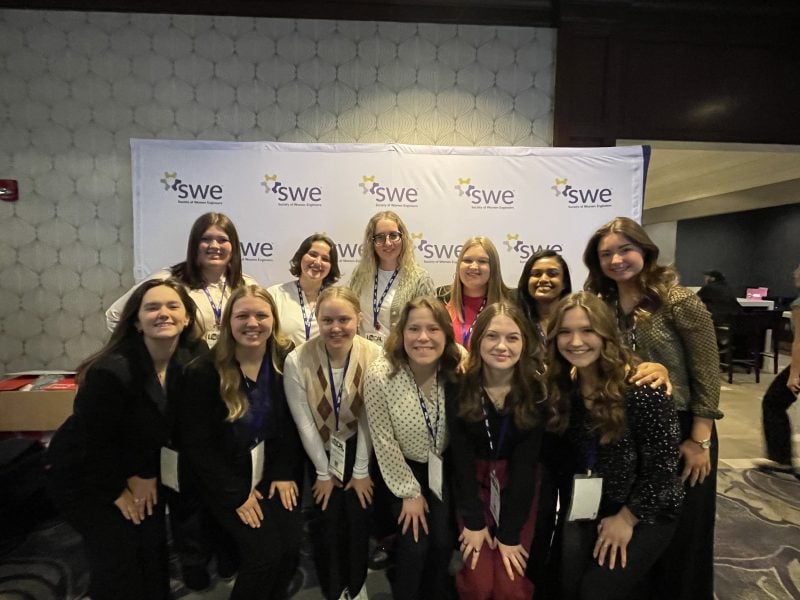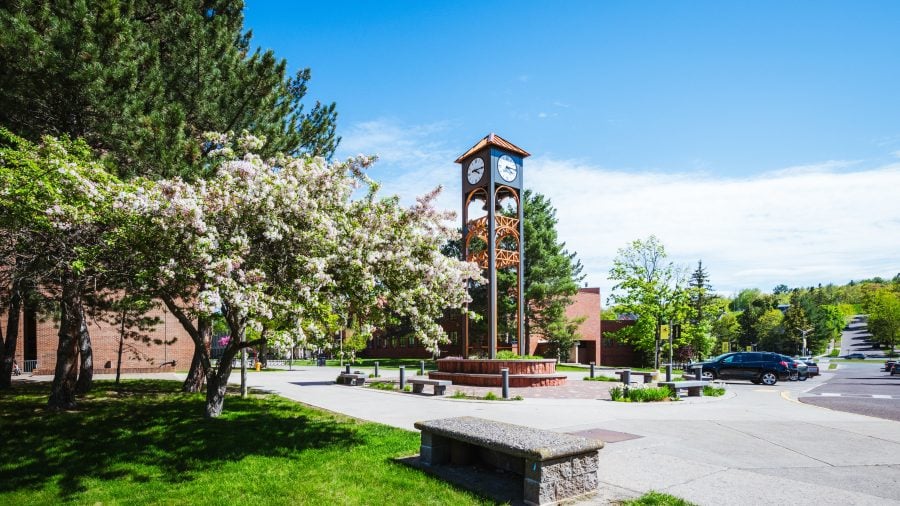
Wayne W. Weaver has been named chair of the Department of Electrical and Computer Engineering (ECE) at Michigan Tech’s College of Engineering, effective July 1. Weaver will lead the ECE department, which supports more than 600 undergraduate students and 100 graduate students, for the 2025-2026 academic year.
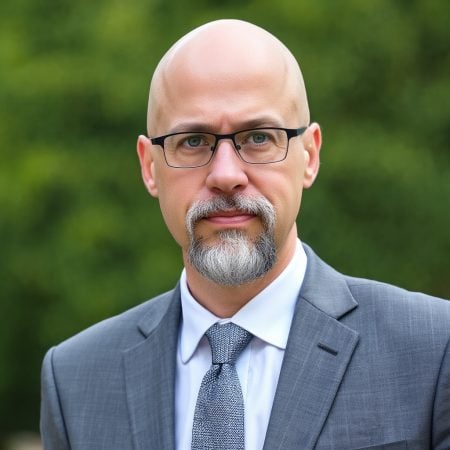
Weaver, a professor of mechanical and aerospace engineering and an ECE-affiliated faculty member, spent more than 11 years serving in his primary appointment with the ECE department as the associate chair and director of graduate studies for the Department of Mechanical and Aerospace Engineering (MAE). Weaver teaches courses on topics of propulsion systems for hybrid electric vehicles and linear systems theory and design.
“Wayne brings a strong background of leadership in research and education. I’m looking forward to working with him and ECE to lead the way in these exciting times of energy transition and digital acceleration,” said Michelle Scherer, dean of the College of Engineering.
Weaver received his BS in electrical engineering and BS in mechanical engineering from Kettering University, then known as the GMI Engineering & Management Institute. He went on to receive his MS and PhD in electrical engineering from the University of Illinois at Urbana-Champaign.
Prior to joining Michigan Tech in 2007, Weaver worked as a research and design engineer at Caterpillar Inc., and as a research engineer for the US Army Corp of Engineers at the Engineering Research Development Center and Construction Engineering Research Lab. Weaver’s research interests include power electronics, microgrids, energy conversion, electrified propulsion systems and non-linear and optimal control. He also currently serves as the associate editor for IEEE Transactions on Aerospace and Electronic Systems.
